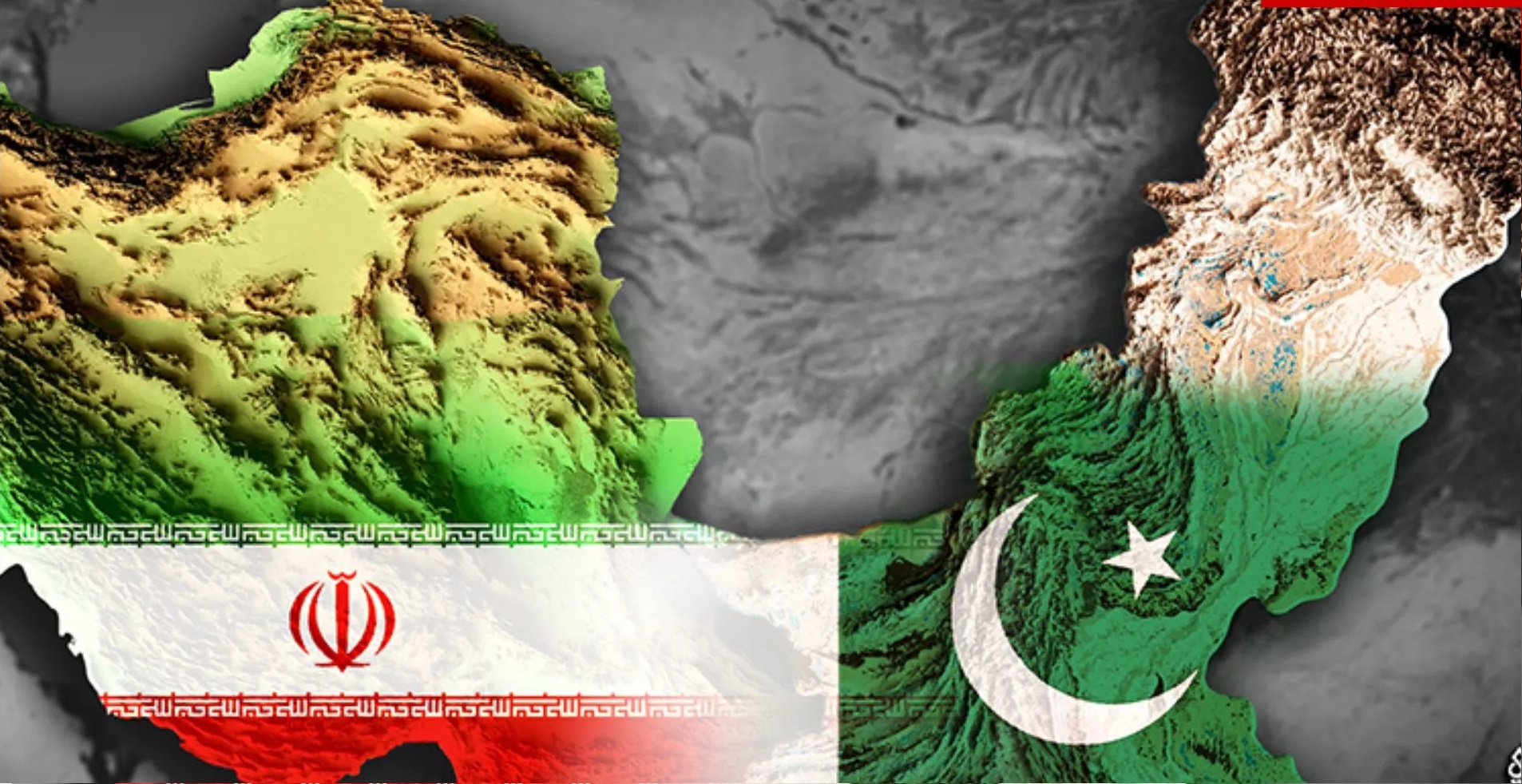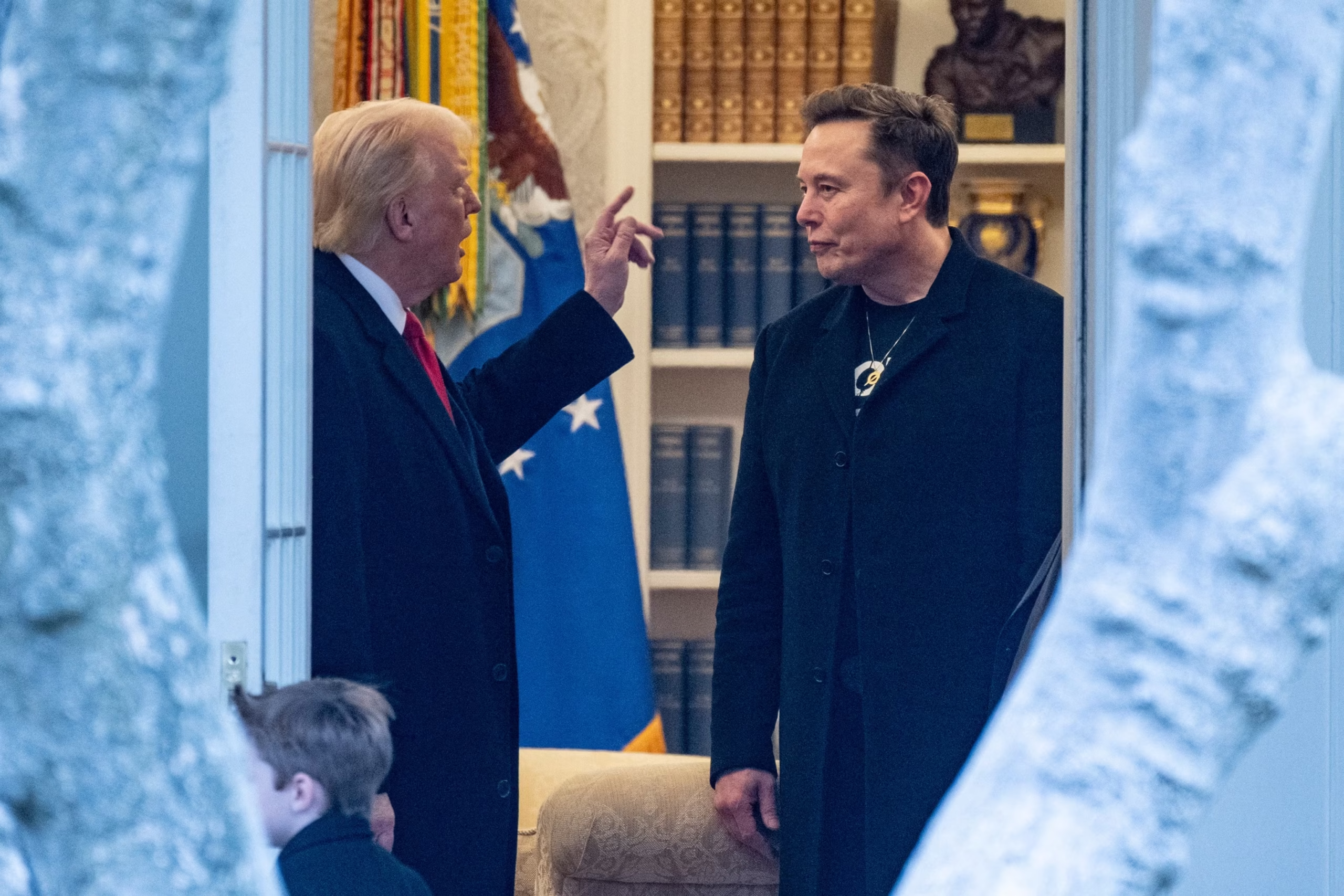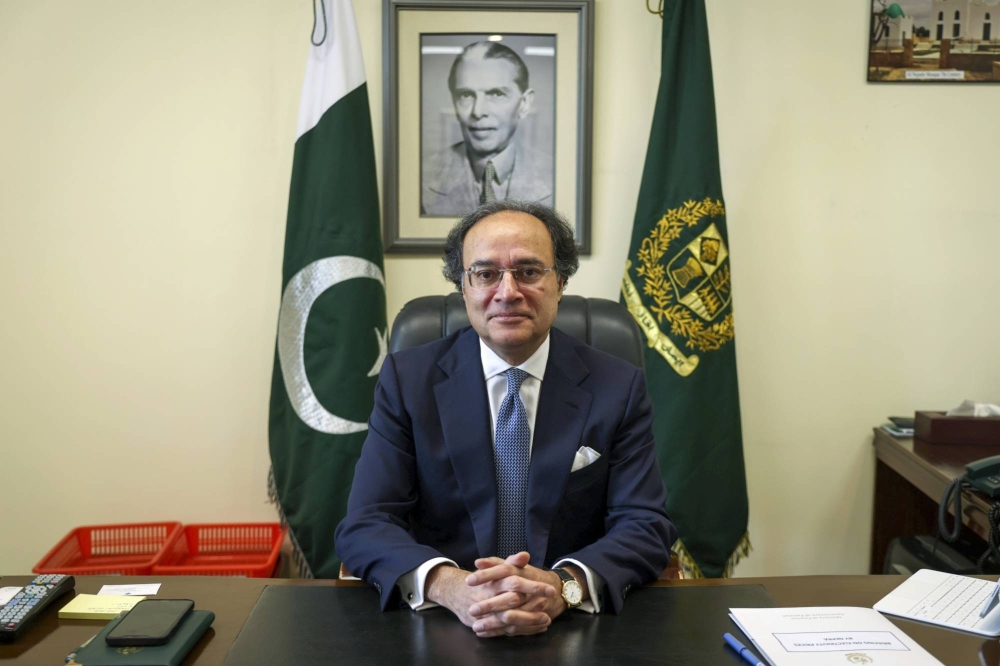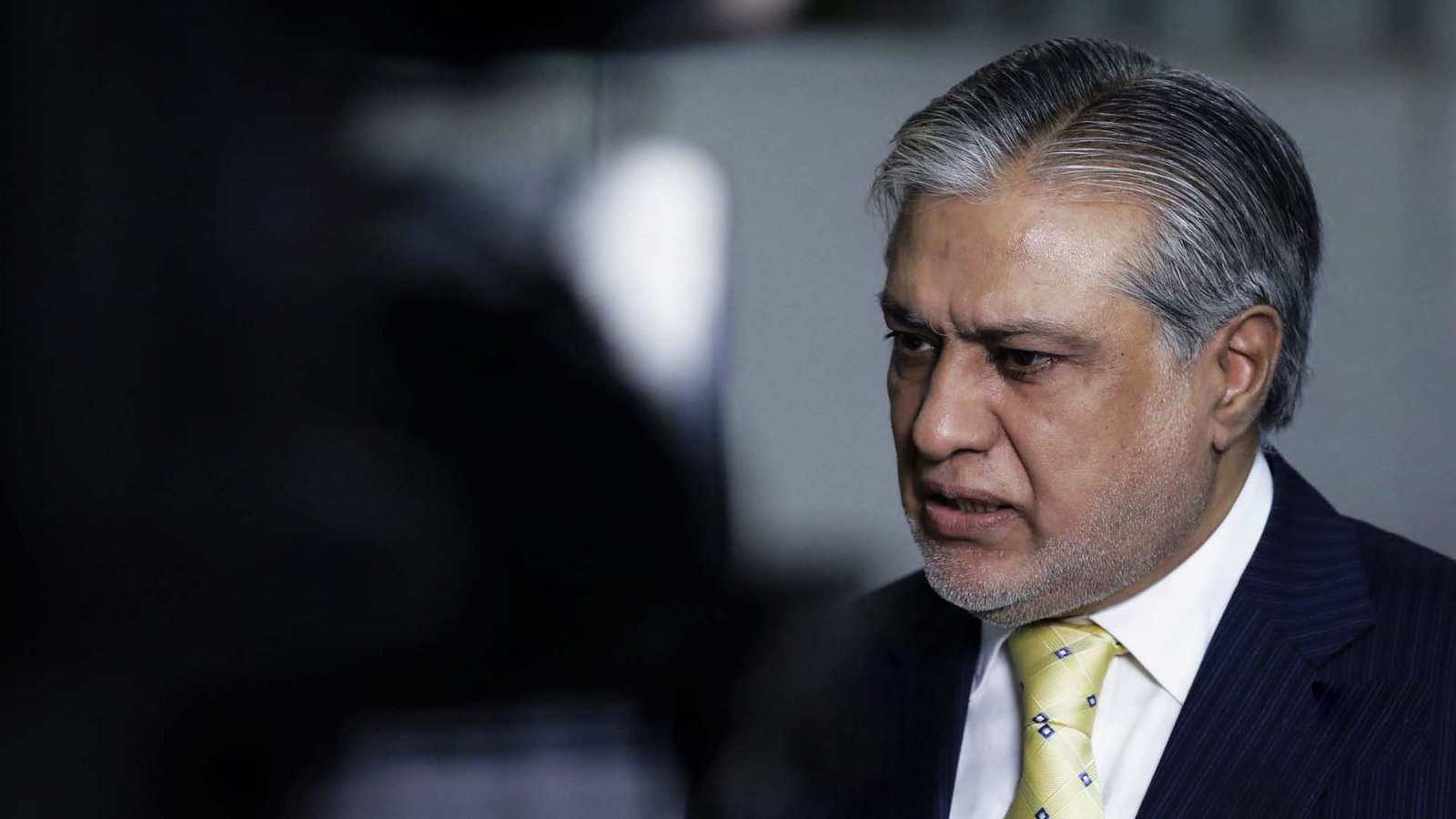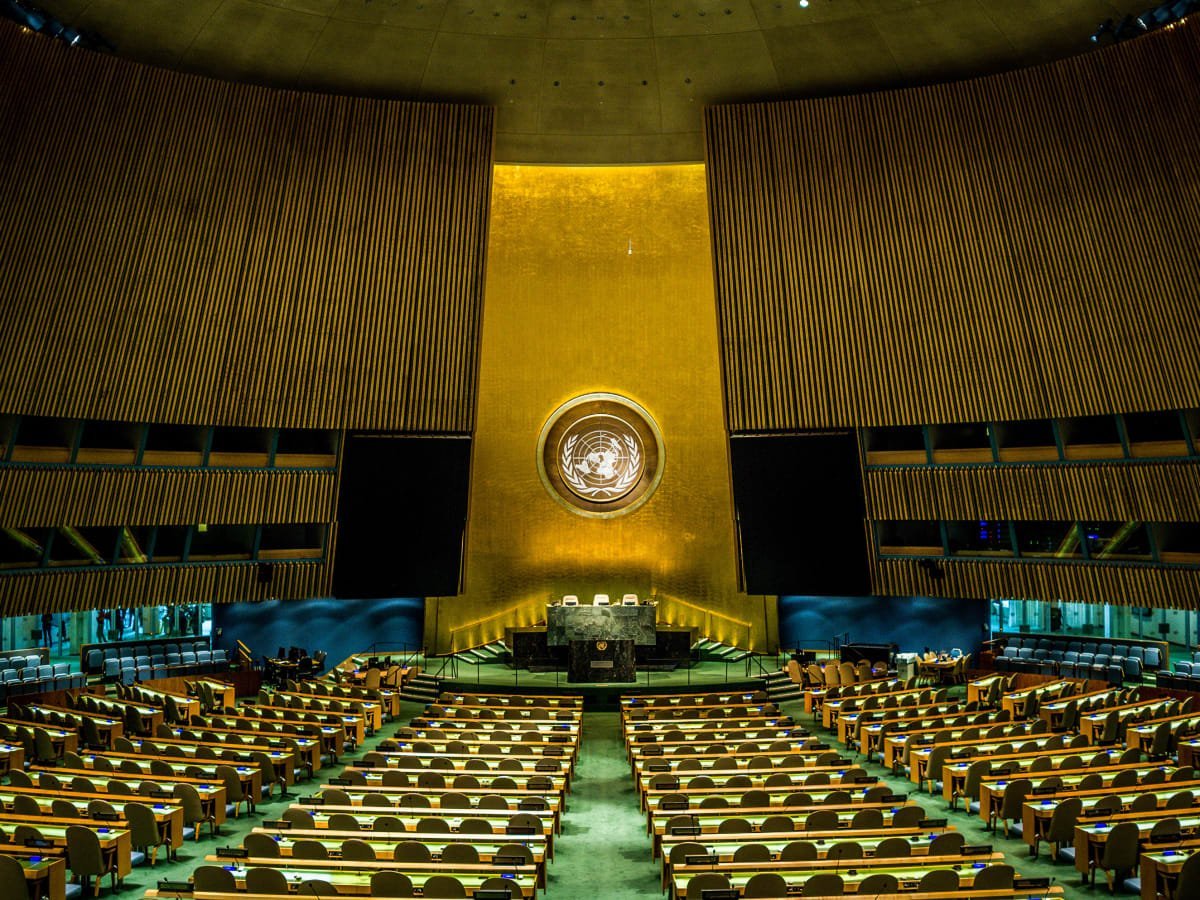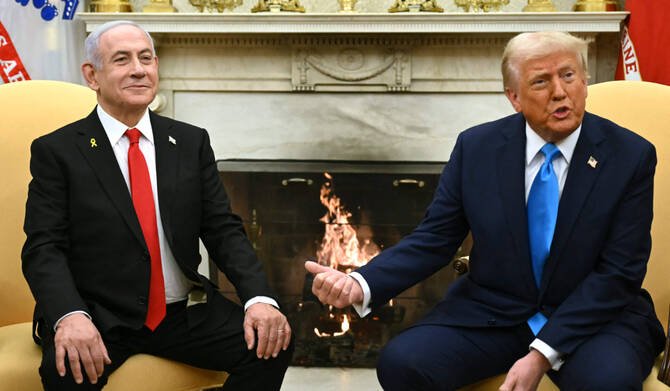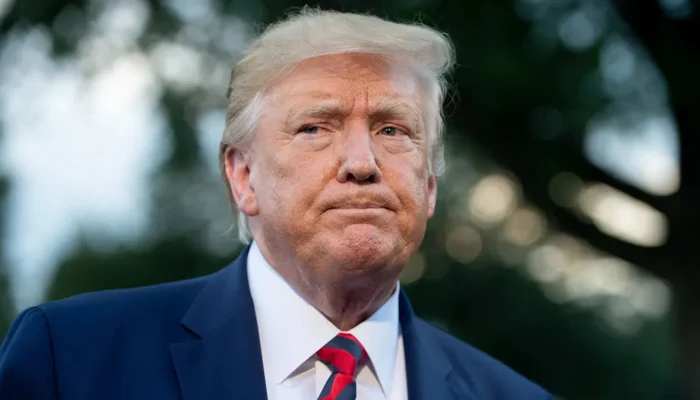Pakistan and Iran have reportedly reached an agreement to extend their electricity sale contract, setting the price for electricity at 7.7 to 11.45 cents per kWh following successful negotiations between the two countries, sources informed Business Recorder.
The previous agreement between Pakistan’s Central Power Purchasing Agency (CPPA-G)/NTDC and Iran’s M/s Tavanir expired on December 31, 2024. The Prime Minister’s Office had requested an update on the extension of the agreement, prompting the Iranian embassy to send a list of invoices and remittances for clearing pending dues related to the imported electricity.
Currently, Pakistan imports 100 MW of electricity from Iran to supply Balochistan’s bordering regions, with payments often processed through informal channels or barter trade arrangements. This import amounts to approximately 18 million units per year, with the price of Iranian electricity in the border areas exceeding Rs 27 per unit—significantly higher than electricity generated from imported coal and RLNG.
A delegation from Tavanir visited Islamabad on December 25, 2024, and meetings held on December 26-27 finalized the terms of Amendment No. 10. This amendment outlines the agreed electricity price mechanism: R = 3.2 + 0.075xP, where “R” represents the electricity price in US cents per kWh, and “P” denotes the monthly average price of a barrel of crude oil from the OPEC basket (ranging from $60 to $110). Despite this formula, the price will remain within the 7.7 to 11.45 cents per kWh range.
The agreement also includes a minimum “take-or-pay” clause, stipulating Rs 30 million for all interconnection lines, as well as line loss-sharing arrangements for the Polan-Jiwani and Pishin-Mand interconnection lines, both finalized in previous agreements.
Both countries are set to notify the relevant authorities of the finalized terms before implementing Amendment No. 10. Prior to negotiations, Tavanir’s Chairman, Mostafa Rajabi Mashhadi, had expressed readiness to renew the November 6, 2002, contract in earlier correspondence with CPPA-G’s CEO, Rihan Akhtar.



